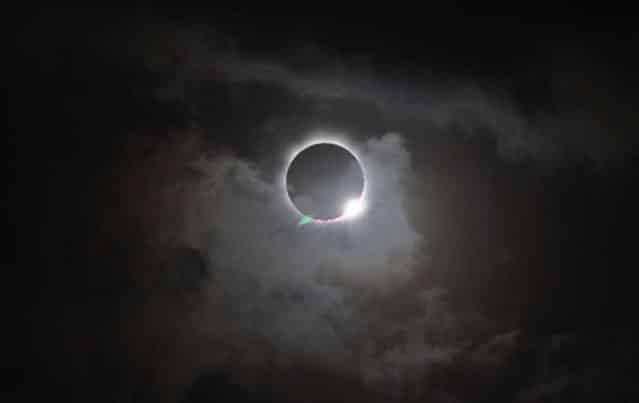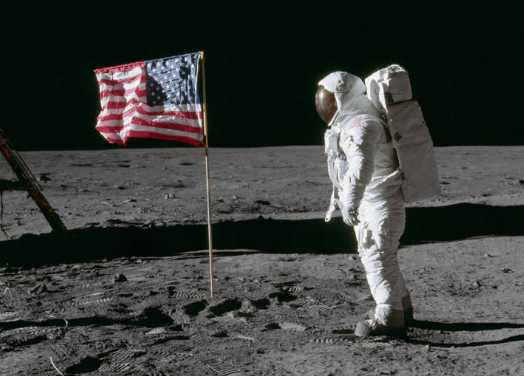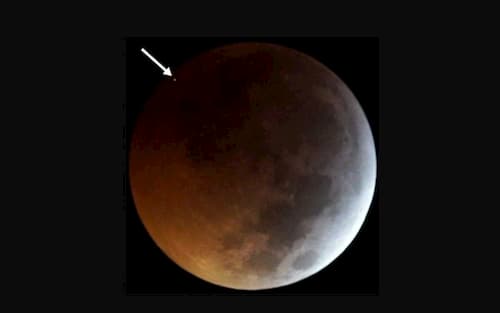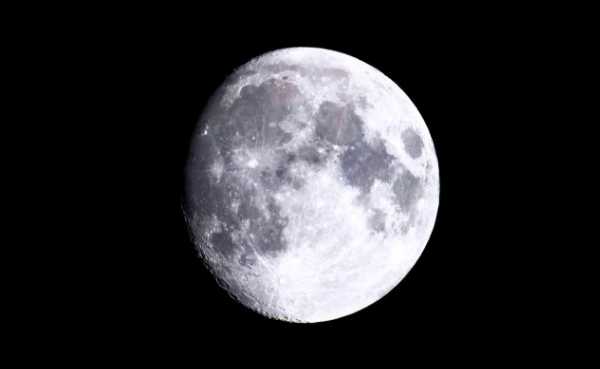Iraluq tuqu’uq (literally, “The moon died.”) – Eclipse
Cuumi niugtaallriit, “Iraluq tuqu’uq.” – Before they always used to say “The moon died.”
(Click sentence to hear Alutiiq words spoken)
 An eclipse occurs when one celestial object moves into the shadow of another. This term is often used to describe a solar eclipse, when the moon’s shadow crosses the earth’s surface. However, there are also lunar eclipses, when the moon moves into the shadow of the earth. Each year, the earth experiences two to five eclipses of the sun and two to three eclipses of the moon.
An eclipse occurs when one celestial object moves into the shadow of another. This term is often used to describe a solar eclipse, when the moon’s shadow crosses the earth’s surface. However, there are also lunar eclipses, when the moon moves into the shadow of the earth. Each year, the earth experiences two to five eclipses of the sun and two to three eclipses of the moon.
There are two ways to say eclipse in Alutiiq. The first, “iraluq tuqu’uq,” means the sun or moon has died. The second, “macaq, iraluq pairutuk,” is a way to say, “The sun and moon passed each other.”
According to local folklore, the moon is brighter after an eclipse. Alutiiq tradition holds that the moon is a man who wears a different mask each night. At dusk, he enters a cave, changes his clothes, and puts on the mask for that evening. When the moon is eclipsed, the man is said to be wearing grease, which darkens his face. When the eclipse fades, he has cleaned himself, creating the brighter moon that follows.
This Week’s Lesson
Generously sponsored by International Seafoods of Alaska, Inc., Kodiak College, and the Alaska State Council for the Arts.



Source: Alutiiq Museum








